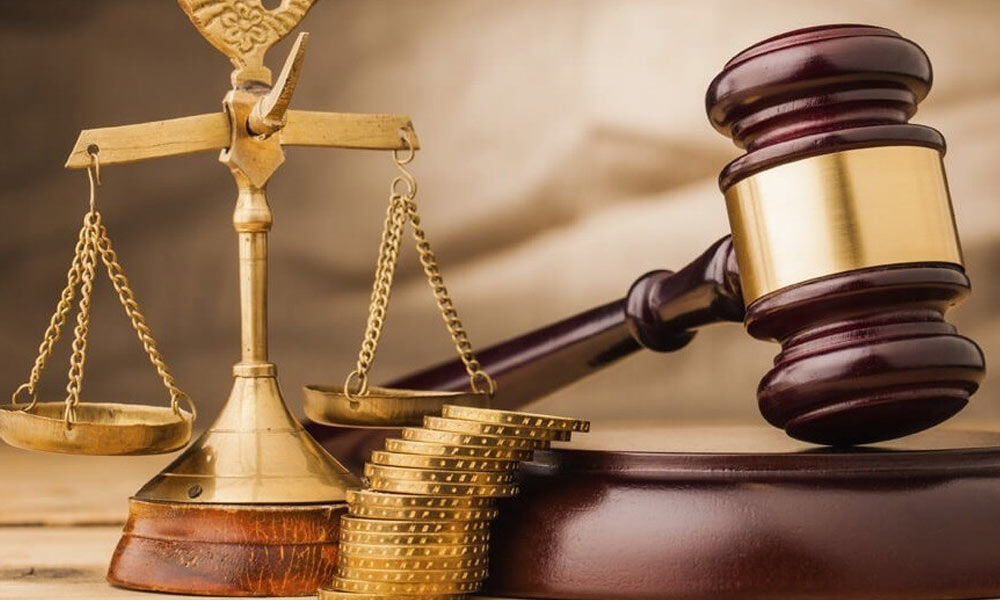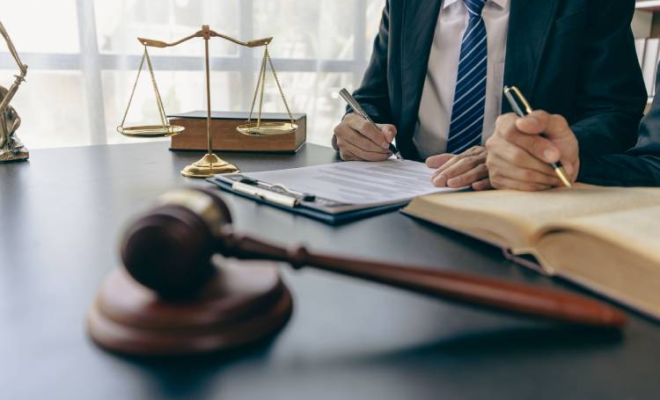Legal Practice and Human Rights Intersection

Human rights are an integral part of any legal system, as they ensure that individuals are treated fairly and justly. Legal professionals play a crucial role in upholding these rights, as they provide legal guidance and representation to those who have been wronged. The intersection of legal practice and human rights is an important topic that needs to be explored in-depth, as it affects every aspect of our lives.
The Importance of Human Rights
Human rights are essential for the protection of every individual’s dignity, freedom, and equality. They are inherent and inalienable, and they apply equally to all people, regardless of their race, gender, nationality, religion, or any other status. Human rights provide a framework for the development of just and democratic societies, where individuals can live with dignity and respect.
Legal systems play a crucial role in upholding human rights, as they provide a means for individuals to seek redress when their rights have been violated. Legal professionals, including lawyers, judges, and legal aid providers, are responsible for ensuring that human rights are protected, and that individuals have access to justice. They work tirelessly to ensure that the rule of law is upheld, and that everyone is treated fairly and justly.
The Intersection of Legal Practice and Human Rights
The intersection of legal practice and human rights is where legal professionals work to ensure that human rights are upheld in the justice system. Legal practice involves the application of legal principles and rules to real-life situations, while human rights involve the protection of fundamental rights and freedoms. When these two areas intersect, legal professionals must ensure that the law is applied in a way that upholds human rights, and that individuals are not denied justice.
Legal professionals play a key role in promoting human rights by providing legal advice and representation to individuals who have been wronged. They work to ensure that individuals have access to justice, and that their rights are protected. This may involve representing clients in court cases, providing legal advice, or advocating for policy changes that promote human rights.
Challenges in Upholding Human Rights in Legal Practice
Despite the important role that legal professionals play in upholding human rights, there are several challenges that they face in their work. One of the main challenges is ensuring that the law is applied in a way that upholds human rights, especially in cases where there may be conflicting interests or where the law may be unclear. Legal professionals must navigate these challenges carefully, ensuring that the rights of all parties involved are respected.
Another challenge is ensuring that individuals have access to justice, especially those who may be marginalized or disadvantaged. Legal professionals must work to ensure that legal services are accessible to everyone, regardless of their socio-economic status or any other factor.
The Future of Legal Practice and Human Rights
The intersection of legal practice and human rights will continue to be an important area of focus for legal professionals in the future. As societies become more diverse and complex, legal professionals must ensure that human rights are upheld and that access to justice is available to all. This will require ongoing education and training for legal professionals, as well as collaboration with other stakeholders, including civil society organizations and human rights advocates.
The intersection of legal practice and human rights is a crucial area that needs to be explored further. Legal professionals play a key role in upholding human rights, ensuring that individuals have access to justice and that the law is applied in a way that upholds human dignity and respect. Despite the challenges that legal professionals face, the future of legal practice and human rights is bright, as long as we continue to work together to promote justice and equality for all.









